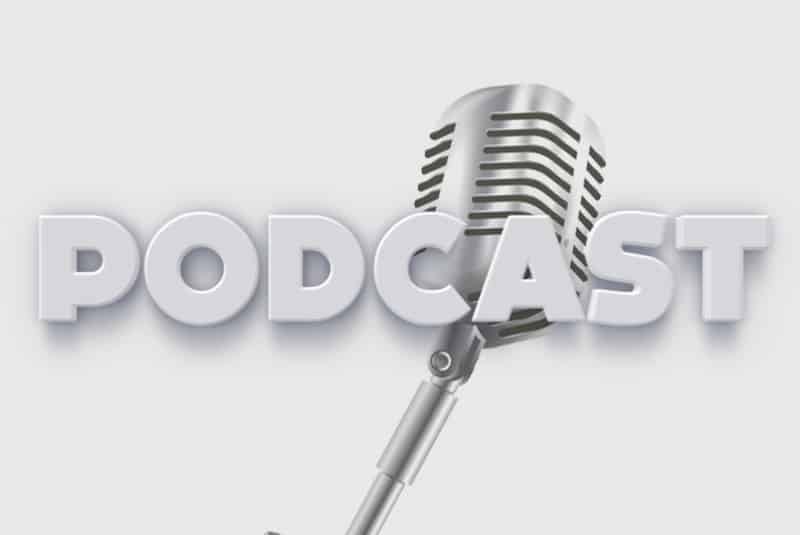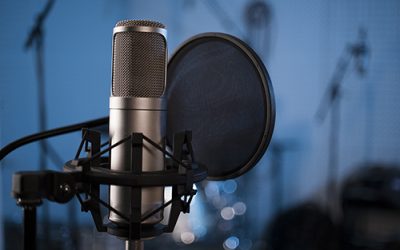The popularity of podcasts continues to soar. There were an estimated 120 million podcast listeners in the country in 2021, according to Statistica, and reports predict that the number of podcast listeners will exceed 160 million in 2023. Podcasts, supported by podcast transcription services, are a versatile way of getting the word out across various topics, news or events in a series of audio recordings made available online.
There are various types of podcast formats. If you are thinking of starting a podcast, you should choose the best format for your needs. Here are 5 popular podcast formats. Your goal should be to choose a format based on your expertise and your niche.
5 Popular Podcast Formats
- Solo Podcast
This is a monologue style podcast in which you are the only host. This format can be used to discuss one or different topics in each episode. First, you need to choose a niche. Then, work on the content and set up weekly or monthly themes based on your schedule.
The monologue format offers many benefits:
- Ideal for new podcasters
- Flexibility – things move at your pace
- Easy to create
- Does not depend on a co-host’s or guest’s availability
- Allows making changes – can be re-recorded or edited
- Great way to connect personally with your audience
However, solo podcasts come with certain challenges. It can be stressful to manage everything on your own. When working solo, you would have to put in a lot of effort to talk for 30-45 minutes and hold your audience’s interest. The solution is to get help for content planning and practice well before you record your episode.
- Interview Podcast
In this format, the host or hosts interview a new guest in each episode. Interview podcasts allow you to showcase a person’s unique expertise and experience on a topic. Interview podcast benefits include:
- Are easier to produce as they involve a conversation between one or two hosts and the guest.
- Unlike fiction/non-fiction podcasts, doesn’t require complex sound effects
- Extends your reach and grows faster as episodes can be shared with the guest’s audience
- Different guests for each episode add versatility to the show
A major challenge of the interview podcast format is finding interesting guests and preparing them for interview. Recording episodes remotely can also be a problem. Success with the interview format largely depends on knowing how find prospective guests who can meet your show’s production schedule.
- Panel Podcast
This format is similar to a panel show on television. Also called a roundtable podcast, each episode would have one host and a group of guests. These conversational podcasts are structured in a less formal way than interview and solo podcasts. The pros of the panel podcast format are:
- Exclusive, interesting views and insights from many people
- As the guests do most of the talking, and there is less pressure on the host
- Are fun and encourage camaraderie
Like the other formats, this panel podcast comes with certain challenges. Filling the panel with the right people and synchronizing each person’s schedule can be very difficult. For the conversation to flow smoothly, you need to ensure that everyone is heard equally and that people don’t interrupt each other. Technical challenges include editing of several audio tracks and managing production remotely.
- Narrative Nonfiction Podcast
This format features interviews, narratives of past or current events, or recreating historical events or real-world field recordings of specific incidents, including true crime. You can plan to tell your story via many episodes or narrate one story in one episode.
- Great option for news and entertain and educate listeners with information about events, concepts, and new ideas
- Offers creative freedom
- Sound effects and different types of audio can be used to pep up your story
The biggest challenge is that nonfiction podcasts require proper research on the topic and it takes time to record, edit and produce engaging content. Proper planning is crucial for podcasting on a consistent basis.
- Repurposed Content Podcast
Repurposed or reformatted podcasts are produced from content that already exists like videos, blogs, lectures, etc. Repurposing content in an audio format can add value to it. You can add more information to your podcast and make it more interesting. The benefits of repurposed podcast format are:
- Easy to create as the content is already available.
- Cost-effective as you don’t have to produce new content
- Can grow your audience
One disadvantages of the reformatted podcast is that it might not create an impact as the content was not made for a podcast. This format can also stifle creativity as it simply involves repurposing content that already exists.
Now that you know about the different types of podcasts and their pros and cons, you can choose the best one for your needs. Select a format that will help you convey your information in the best possible way. Evaluate other podcasts and create a unique show that reflects your personality. Regardless of the format you choose, include a transcript with your show. This is crucial to improve your search-engine ranking and attract a larger audience. Reliable digital transcription agencies can deliver accurate transcripts of podcast episodes on any topic.




